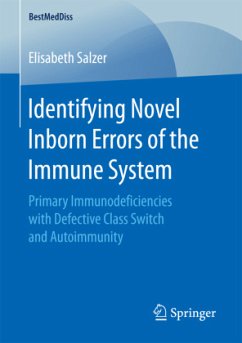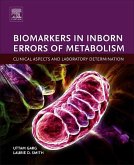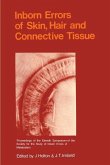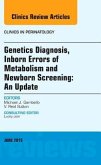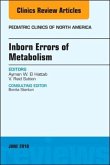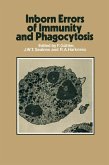In her study Elisabeth Salzer describes three novel monogenic diseases. For CD27 deficiency Elisabeth Salzer describes a large cohort of patients. Although all patients shared the same causative missense mutation, they displayed diverse clinical presentations. In another patient she was able to identify a mutation in PRKCD resulting in a primary immunodeficiency with severe Lupus-like autoimmunity. The patient exhibited increased mRNA levels of IL6. Therefore, treatment with Tocilizumab, a humanized anti-IL-6 receptor monoclonal antibody was suggested. In a family with a history of deaths due to inflammatory bowel disease she identified a missense mutation in IL21. She produced wild type and mutated IL-21 protein and demonstrated a loss of function phenotype. As IL-21 is in clinical trials, she proposed a potentially curative treatment option. These discoveries contributed to the understanding of the multifaceted regulatory mechanisms of the immune systemand highlighted essential players in these complex signaling networks.
"This book would be of interest to immunology clinicians as well as basic scientists. ... graduate students may find this very useful in reviewing the methodology used by the author and the steps to pursue genotype-phenotype correlations. ... Medical geneticists also would benefit from this book to help their diagnostic workup of patients affected by immunodeficiencies and inflammatory bowel disease. ... The value of this book is in the description of the methodology and the results achieved." (Luis F. Escobar, Doody's Book Reviews, January, 2018)
"It presents the description of 3 novel monogenic diseses found in a large cohort of patients. The results are proposed to lead to new therapeutic approaches. For immunologists, pediatricians and gastroenterologists." (Zvi Laron, Pediatric Endocrinology Reviews (PER), Vol. 14 (4), June, 2017)
"It presents the description of 3 novel monogenic diseses found in a large cohort of patients. The results are proposed to lead to new therapeutic approaches. For immunologists, pediatricians and gastroenterologists." (Zvi Laron, Pediatric Endocrinology Reviews (PER), Vol. 14 (4), June, 2017)

